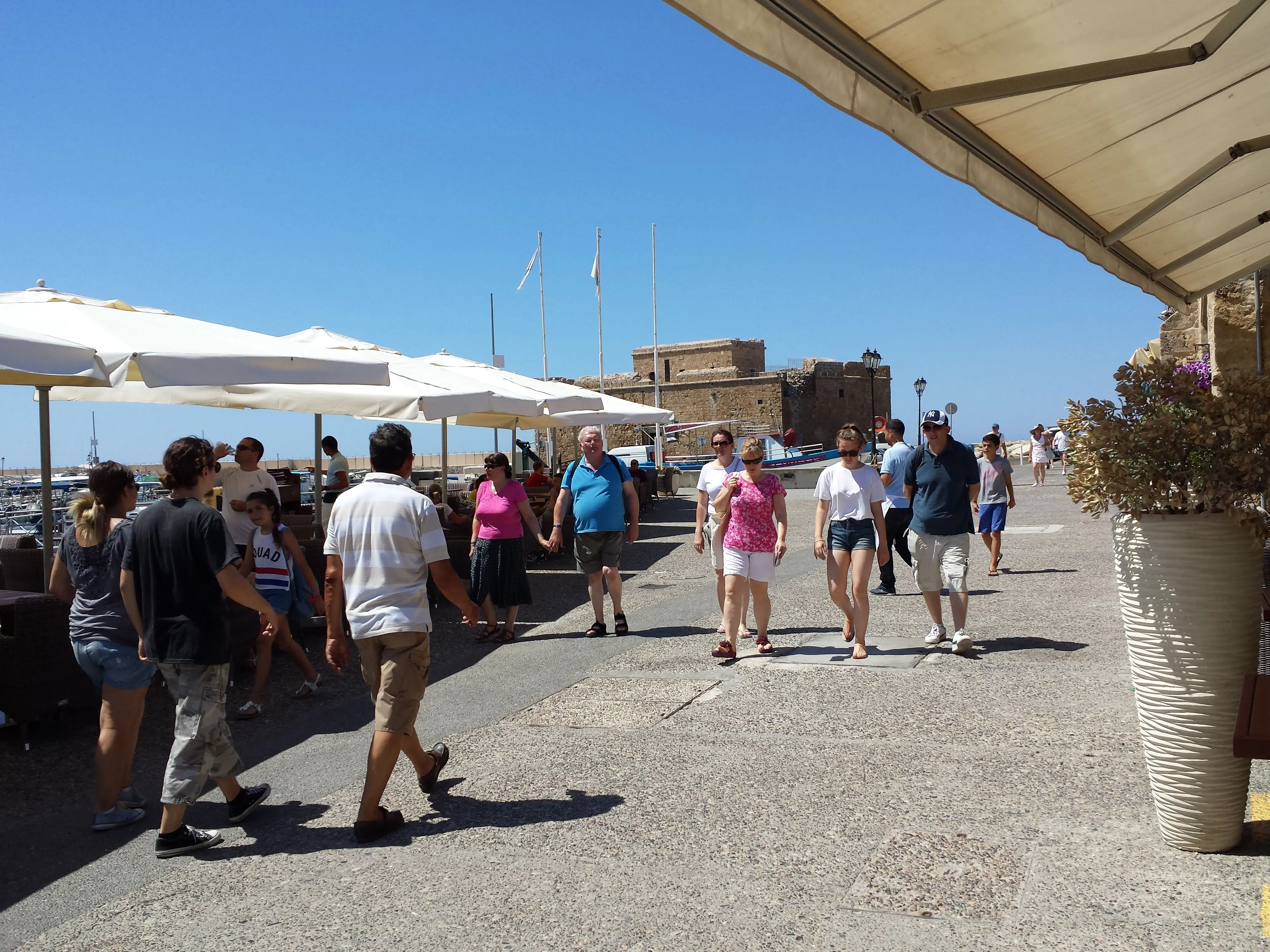Cyprus is gearing up for another strong tourism year, setting out a €74.6 million budget for 2026 that puts sustainability and year-round growth at the heart of government policy.
Presenting the figures before the House Finance Committee, Deputy Minister of Tourism Kostas Koumis said the budget reflects a clear shift from a numbers-driven model to one focused on quality, local benefits and environmental balance.
Of the total amount, €27.7m, 37.1 per cent, has been earmarked for information and promotional campaigns, €14.9m, 20 per cent, for grant schemes linked to upgrading the tourism product, and €19.5m, 25 per cent, for operational expenditure, including €6.1m related to Cyprus’ hosting of the EU Council Presidency in 2026. The remainder will cover other support activities.
Koumis noted that 2025 is shaping up as another record-breaking year for Cypriot tourism, with both national and international indicators confirming a steady rise.
According to the Aviation Council International, Cyprus ranked second in Europe for air-connectivity improvements between 2019 and 2025 and first in the 2025/2024 comparison.
Tourism revenues, meanwhile, climbed 21.3 per cent year-on-year in the first half of 2025, the highest increase among Mediterranean EU states.
“These figures confirm the steady upward course of Cypriot tourism and the sector’s contribution to building economic resilience,” he said, crediting “sound decisions, targeted actions and excellent cooperation between the public and private sectors.”
While the positive trend is expected to continue next year, he warned that “success in tourism is never a given.”
The minister explained that the government intends to move beyond a model focused purely on arrivals and overnight stays, placing instead greater emphasis on sustainability and destination viability.
“The tourism model we have known for decades has essentially completed its cycle,” he said.
He explained also that “Our vision now is to ensure growth based on respect for the environment, cultural heritage and local communities, which must also benefit from tourism.”
As part of this approach, the Deputy Ministry will focus on maintaining competitiveness with an emphasis on quality and sustainability, promoting Cyprus’ comparative advantages through a blend of digital and traditional campaigns, upgrading tourism education, and improving the visitor experience in harmony with local communities.
“Our ultimate goal,” Koumis added, “is to lay strong foundations for the future of tourism in our country.”
According to the Deputy Ministry’s Annual Action Plan 2026, €13.2m of the total budget has been allocated to targeted schemes aimed at upgrading infrastructure, improving services and diversifying the tourism offer. The amount includes €9.39m from the EU recovery and resilience Plan (RRP) and €3.85m from national resources.
A large share of the RRP funding about €4.26 millionm will be used to upgrade hotels and tourist accommodation in rural, mountain and remote areas, helping local units modernise while retaining their traditional character.
Another €5.13m is intended for projects that create authentic experiences in these regions, promoting agritourism, gastronomy and cultural activities to support regional development.
National funding of €3.85m will complement the EU-backed measures, supporting a broad range of actions. €400,000 for sports tourism, including the hosting of foreign teams, €500,000 for international sporting events, and €600,000 for the aesthetic upgrade of beaches.
Another €180,000 is planned for projects improving accessibility and environmental awareness, while €150,000 will promote conference and incentive tourism, €200,000 will support oenology and local-product events, and €15,000 will be directed to diving-service certification.
A further €100,000 will help special-interest tourism operators with digital transition.
The government’s sustainability agenda also provides €870,000 for the development of health, rehabilitation and assisted-living tourism facilities, strengthening Cyprus’ foothold in the wellness segment.
In parallel, €500,000 has been allocated for the organisation of Christmas Villages, which have become a key driver of winter tourism, and €250,000 for experiential workshops in traditional handicrafts, agricultural production and wine-making.
Another €80,000 will support the hosting of cruise ships in Cypriot ports.
All these initiatives were set out in the official budget statement and the State Budget Annex III.






Click here to change your cookie preferences